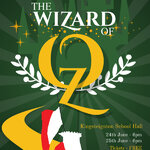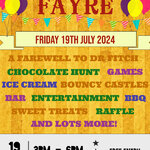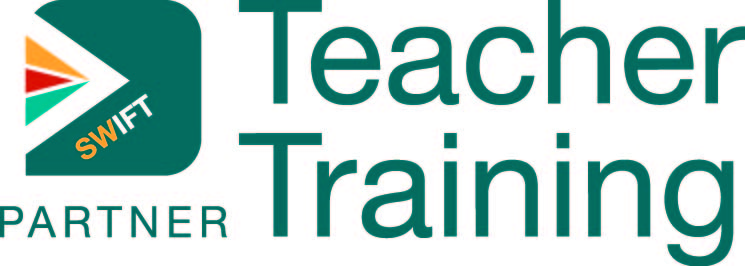English Subject Lead
Phonics and Early Reading
At Kingsteignton School, we are passionate that all children become accurate, fluent, readers, who choose to read for pleasure. We know that reading is the key to learning; once a child has learned to read, they can read to learn.
We follow the validated scheme, Read Write Inc. Phonics is taught discretely and daily with all staff following the scheme with fidelity. Our children learn to read and write effectively and quickly using the Read Write Inc. Phonics programme. We make sure that children read books that are closely matched to their increasing knowledge of phonics and the common exception words. This is so that, early on, they experience success and gain confidence that they are readers. Re-reading and discussing these books with their teacher supports their increasingly fluent decoding.
There are lots of short films available on the website below, that show how we teach children to read and write with Read Write Inc. The film, ‘How to Say the Sounds’, is a good starting place.
https://www.ruthmiskin.com/parentsandcarers/
Your child's class teacher will also share films via Tapestry that will help you and your child practise together at home.
Alongside their decodable reading book, we develop children’s reading for pleasure through the sharing of high-quality books. At the start of the year your child’s class teacher will have shared the film ‘Storytimes matter’, this film really highlights the power of story times and a film that we cannot recommend highly enough.
We are currently developing our library so that children can also borrow quality texts to be shared at home alongside their decodable book.
Key Stage 2 Reading
Once children complete the RWI programme, they move on to daily Guided Reading sessions. Through this, children have a focussed Guided Reading text as a whole class. At different stages of the text, children are exposed to questions that encourage vocabulary, inference, retrieval and prediction skills.
Children are also assessed using the Accelerated Reader programme. This assessment gives children a reading age, to which they can select an appropriate text to take home and read. Once they have read this text, the children then take a quiz to show their comprehension.
Reading for Pleasure
Reading for pleasure is promoted through a wide range of high-quality texts which are read to and shared with children. Another way that we promote reading for pleasure is, in KS1, the 'Snuggle and Read' bag and, in KS2, the 'Reading Cushion'. This is where children have the opportunity to take high quality texts home which are accessible from the library. Throughout the year, children are also exposed to events such as author visits, World Book Day activities and other opportunities such as writing book reviews for a local library.
Writing
Writing in Key Stage One and Key Stage Two follows an innovative scheme from Devon Education Services called 'Book Writes'. This provides teaching sequences where reading activities and contextual grammatical skills are taught using high quality texts that inspire and give the children purpose to their writing. The teaching sequences follow a three-part plan: 'learning about the text', 'practising writing' and 'independent writing'. Each sequence is based on quality children's literature and has reading activities and grammar taught in context included.
Spelling
Once children complete the RWI programme, we use 'Get Spelling'. This is a Read Write Inc programme which builds on Key Stage One's phonetical knowledge. Once these children have learnt the spelling rules, we then practice these using Spelling Frame games.
Handwriting
From the outset, children are taught the correct pencil grip and handwriting position. In EYFS and Key Stage One, children are taught to form and orientate letters correctly before they learn to join.
DfE Programme of Study - English
English Curriculum Documents






.jpg)




